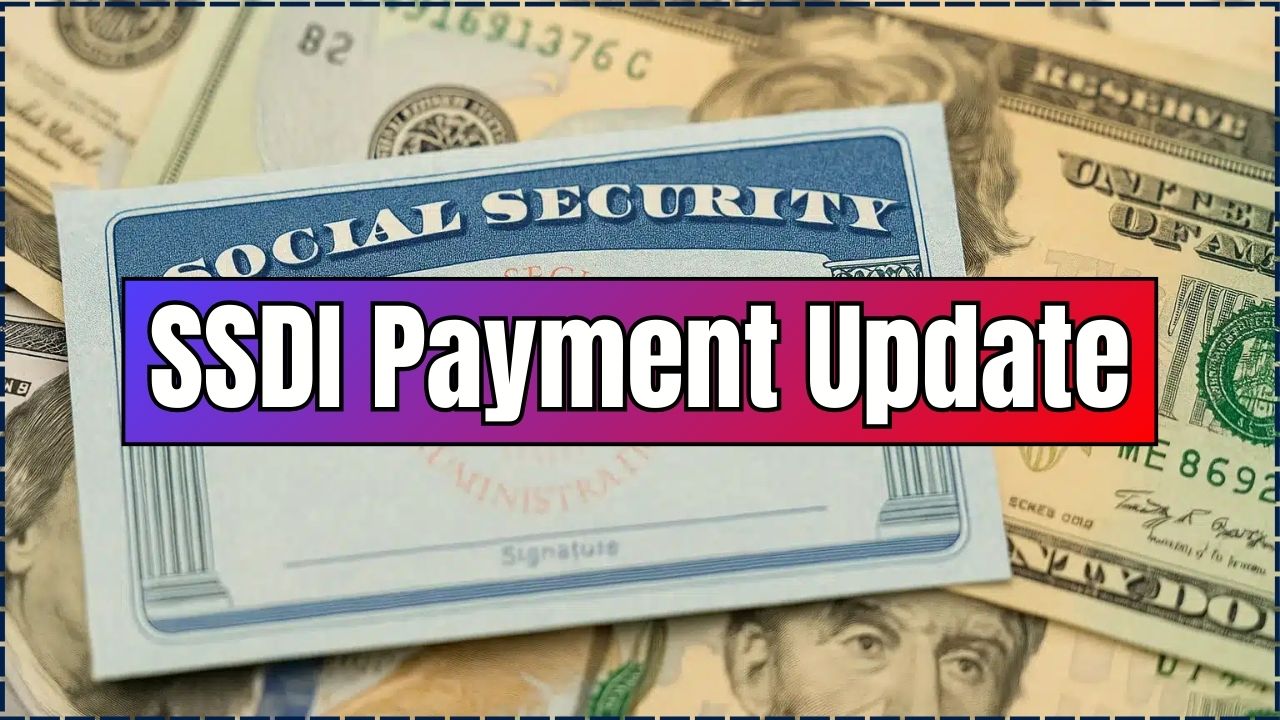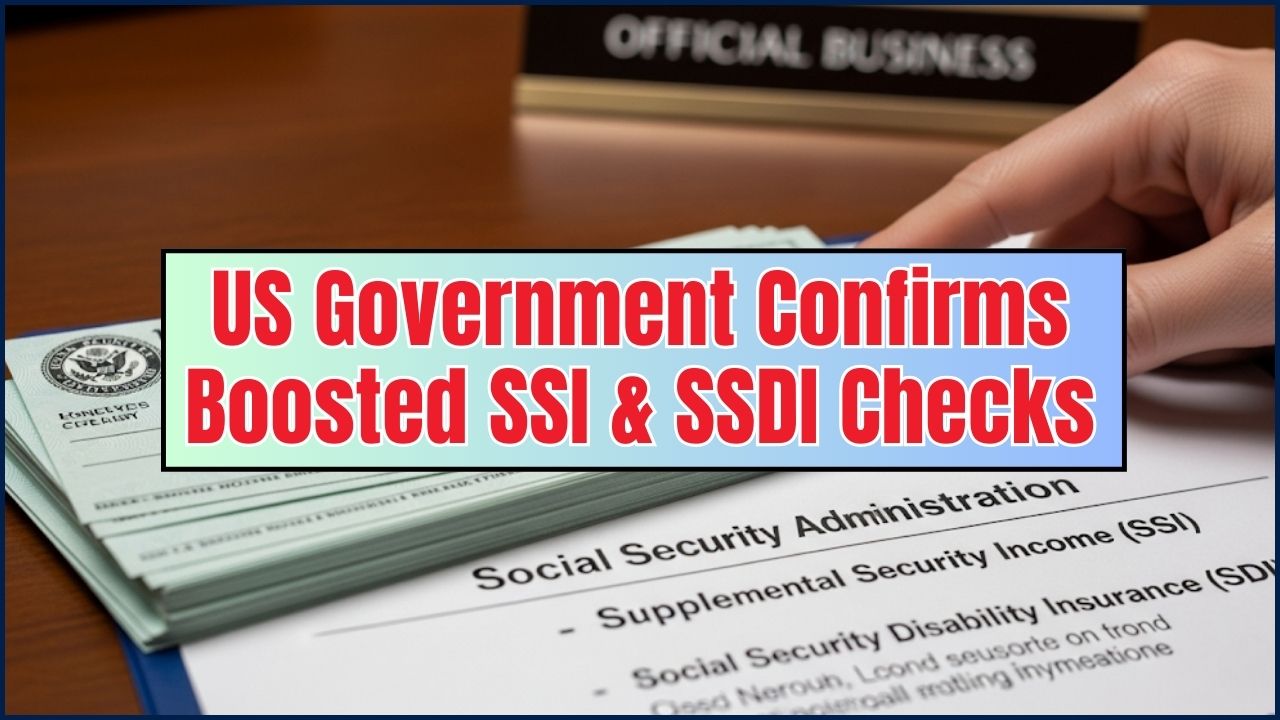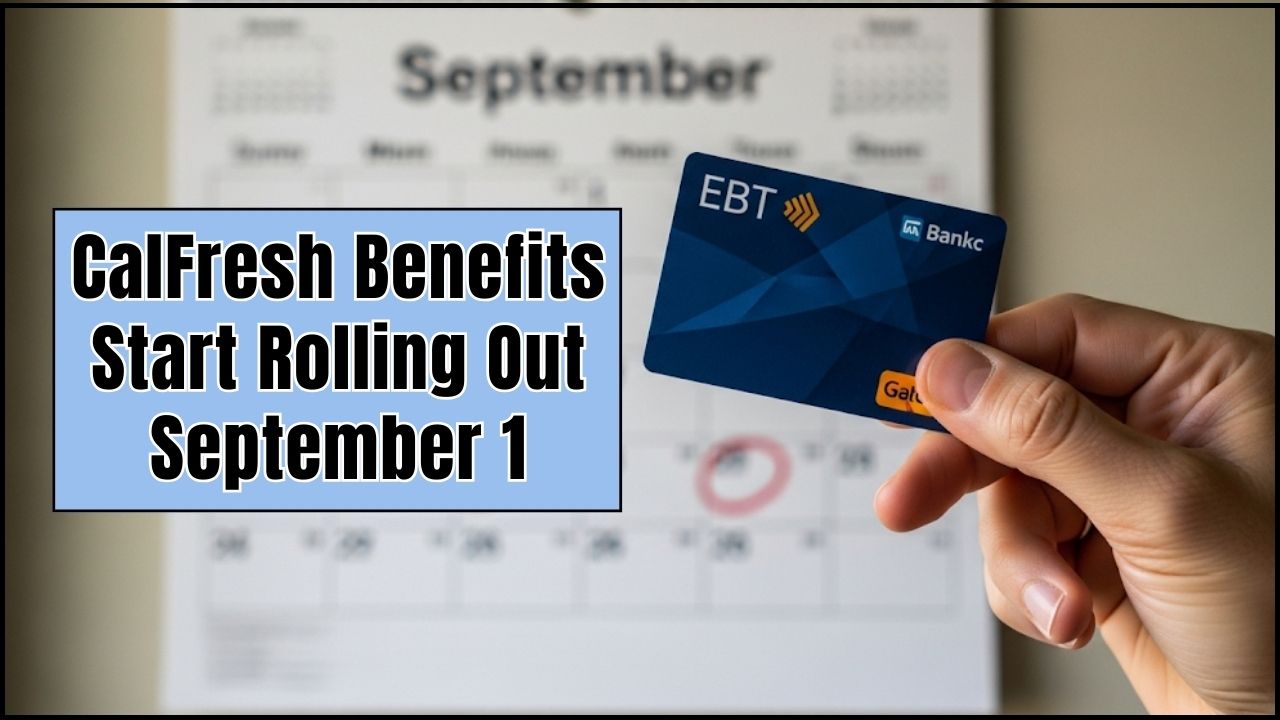If you or a loved one is dealing with a serious medical condition, you’ve got one less thing to worry about—Social Security just added 13 new illnesses to fast-track disability approval under its Compassionate Allowances (CAL) program. This change could mean weeks instead of months of waiting for financial support.
And in tough times like these, that quick help? It’s priceless.

Social Security Just Added 13 New Illnesses
| Topic | Details |
|---|---|
| Update Date | August 11, 2025 |
| New Conditions Added | 13 |
| Total CAL Conditions Now | 300 |
| Standard Approval Time | 230+ days |
| CAL Approval Time | ~14–30 days |
| People Helped Since 2008 | Over 1.1 million |
| Official Source | SSA.gov CAL Program |
| Pro Tip | Apply with complete medical records for fastest approval |
Disability shouldn’t mean despair. With the expansion of the Compassionate Allowances list, 13 more medical conditions are now eligible for fast-track disability approval—giving families and individuals critical financial relief when they need it most.
Whether you’re a nurse, a patient, or a caregiver, knowing about CAL can change lives. If you or someone you love qualifies, don’t delay.
What Is the Compassionate Allowances Program?
Think of the Compassionate Allowances program (CAL) as the fast lane for Social Security Disability Insurance (SSDI). It was launched in 2008 to help people with the most serious illnesses skip the line and get benefits faster.
If your condition is on the list, the SSA speeds up your application, often approving it within weeks instead of the usual 7 to 8 months.
With this recent update, the CAL list now includes 300 illnesses that qualify for fast-track review.
The 13 New Fast-Track Conditions (Added August 2025)
Here’s the latest batch of serious conditions added to the CAL program:
- Au-Kline Syndrome
- Bilateral Anophthalmia
- Carey-Fineman-Ziter Syndrome
- Harlequin Ichthyosis – Child
- Hematopoietic Stem Cell Transplantation
- LMNA-related Congenital Muscular Dystrophy
- Progressive Muscular Atrophy
- Pulmonary Amyloidosis – AL Type
- Rasmussen Encephalitis
- Thymic Carcinoma
- Turnpenny-Fry Syndrome
- WHO Grade III Meningiomas
- Zhu-Tokita-Takenouchi-Kim Syndrome
These are rare, often terminal or severely disabling, and typically leave no question about whether someone should qualify for disability help.
How the Fast-Track Process Works
When you apply for Social Security disability benefits, here’s what happens next if your condition is on the Compassionate Allowances list:
- Step 1: Application Filing. You submit your application online, by phone, or in person. It’s important to provide your official diagnosis from your doctor.
- Step 2: Automated Flagging. The SSA’s electronic system automatically flags your claim if your diagnosis matches a condition on the CAL list. No special application is needed.
- Step 3: Expedited Review. Your claim is immediately sent to a team for a fast-tracked medical review. The SSA works to obtain medical records electronically from your providers.
- Step 4: Swift Decision. Your application is often approved in a matter of weeks, not months or years, as is typical for non-CAL cases.
- Step 5: Benefits Begin. Once approved, you can start receiving your monthly benefits to help with living expenses and medical costs.
Real-Life Story: Mary’s Fast-Track Approval
Mary T. from Oklahoma was diagnosed with Pulmonary Amyloidosis – AL Type in early 2025. Her doctor told her the prognosis was serious.
“When I applied for Social Security, I expected to wait forever. But because my condition was on the CAL list, I got approved in 24 days. That check saved my home.”
Mary’s story is one of many that shows how crucial fast-track disability approval can be—not just for comfort, but for survival.
Fast-Track vs. Standard Disability Approval
| Feature | Compassionate Allowances (CAL) | Standard Disability Application |
| Who it’s for | Individuals with the most severe, life-threatening, or rare conditions. | Anyone with a medical condition that prevents them from working for at least a year. |
| Timeframe | Decisions often made in weeks. | Decisions can take months to years, with potential for multiple appeals. |
| Approval Rate | Very high for eligible cases. | Varies widely, and many are initially denied. |
| Process | Expedited medical review; claim is fast-tracked from the start. | Comprehensive medical and work history review, often with multiple stages of appeal if denied. |
Expert Take: Why This Matters
We asked Samuel D., a Social Security disability attorney from Texas what this means:
“These updates show that the SSA is paying attention to emerging medical challenges. CAL is one of the best-kept secrets for people with rare or terminal illnesses. But it only works if folks know about it and apply correctly.”
CAL vs. Regular Disability: Timeline Comparison
| Application Type | Average Wait Time | Medical Review Needed? | Interview Required? |
|---|---|---|---|
| Standard SSDI | 230–300 days | Yes | Usually |
| CAL Fast-Track | 14–30 days | Yes | Often skipped |
How to Know If You Qualify – Step-by-Step
Step 1: Check the CAL List
Visit ssa.gov/compassionateallowances and search for your condition.
Step 2: Gather Medical Documents
Include:
- Doctor’s diagnosis
- Test results
- Treatment history
- Hospital discharge notes
Step 3: Apply via SSA
Choose one:
- Online: ssa.gov/applyfordisability
- Call: 1-800-772-1213
- Local Office: Find via SSA Office Locator
Step 4: Monitor Your Application
Sign up for a MySSA account at ssa.gov/myaccount to check status and receive updates.
Common Myths vs. Facts
| Myth | Fact |
|---|---|
| “You don’t need to submit paperwork if you’re CAL-approved.” | False. Full documentation is still required. |
| “Only older folks qualify.” | Wrong. Many CAL cases involve children or young adults. |
| “Approval is automatic.” | Not quite. It’s fast, not guaranteed. You must meet criteria. |
| “I can’t afford a lawyer.” | Good news: Most SSDI lawyers only get paid if you win. |
Resources to Help You Apply
Even with fast-tracking, the system can be tricky. Here are some non-profit and pro bono resources to help:
- NOSSCR (National Organization of Social Security Claimants’ Representatives)
Find a legal expert near you: nosscr.org - Legal Aid Society
Many offer free SSDI help based on income. - Veterans Affairs (VA)
For veterans applying for SSDI and VA disability simultaneously. - Allsup.com
A for-profit but reputable third-party that helps navigate SSDI claims.
Top 3 Mistakes to Avoid:
- Not being specific. Don’t just say “cancer.” Use the full, precise name of your diagnosis, like “Thymic Carcinoma,” to ensure the system flags your claim correctly.
- Holding back medical records. While the SSA will try to get your records, you should provide as much medical documentation as you can. This includes doctor’s notes, test results, and official diagnosis letters.
- Giving up after a denial. Even with a fast-track condition, a claim can be denied for technical reasons (e.g., missing documents). If your condition is on the list, don’t give up—appeal the decision and make sure all your paperwork is in order.
Real-World Case Study or Mini Example
Meet Sarah. She was recently diagnosed with Rasmussen Encephalitis, a rare and debilitating neurological condition. Before this change, she might have faced a long and stressful wait for a disability decision, all while her health declined and bills piled up. Thanks to the new rules, her application was automatically flagged as a Compassionate Allowance case. Within a few weeks, she received a call that her claim was approved. This fast approval allowed her to focus on her health and treatments without the added worry of financial instability.
FAQs
Do I still need to meet work credit requirements?
Yes. SSDI still requires you to have paid into Social Security (via work credits), unless you’re applying for SSI (which is need-based).
How long does it take to get a check?
Once approved, expect to receive benefits in 1–2 months, depending on the payment cycle.
Can children qualify?
Absolutely. Several CAL conditions are pediatric, including Harlequin Ichthyosis and Bilateral Anophthalmia.
Who can I talk to for help?
Call SSA at 1-800-772-1213 or contact local disability rights organizations or attorneys.





